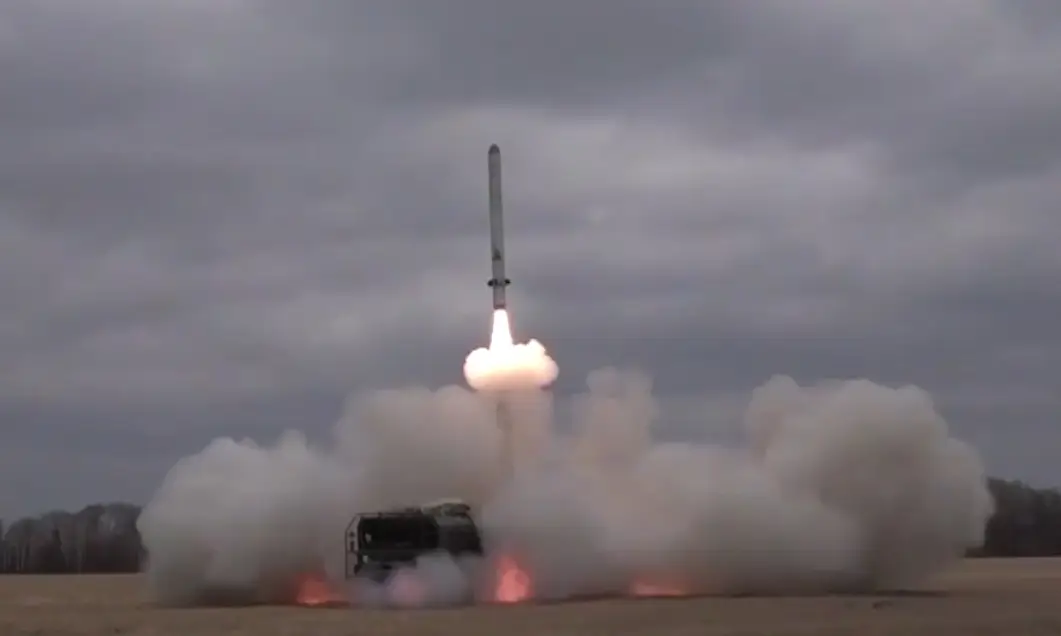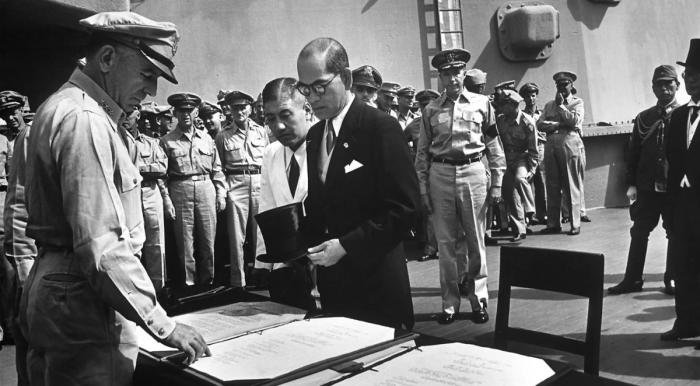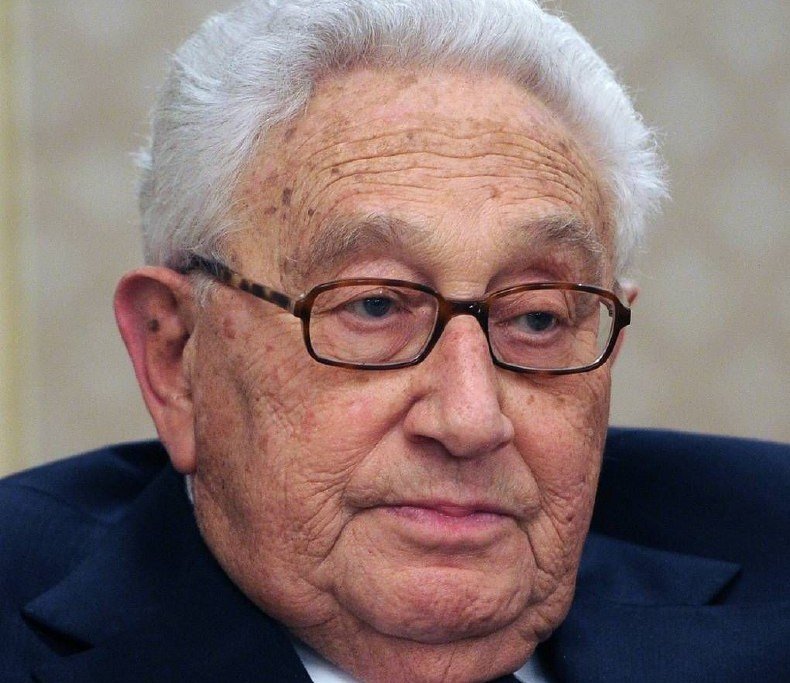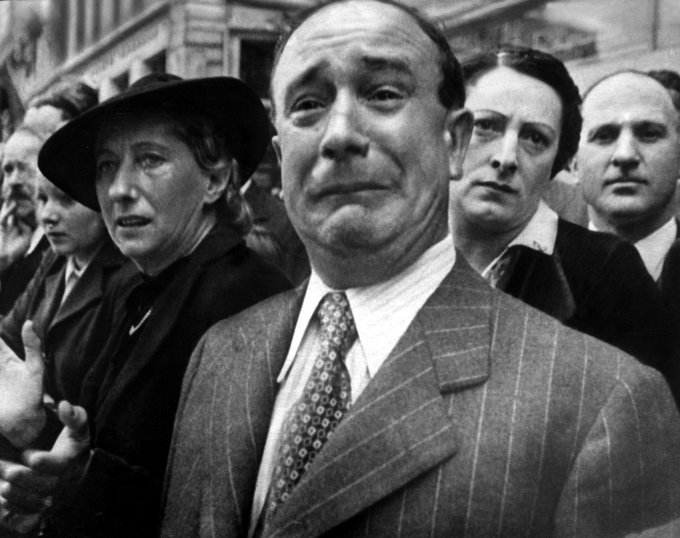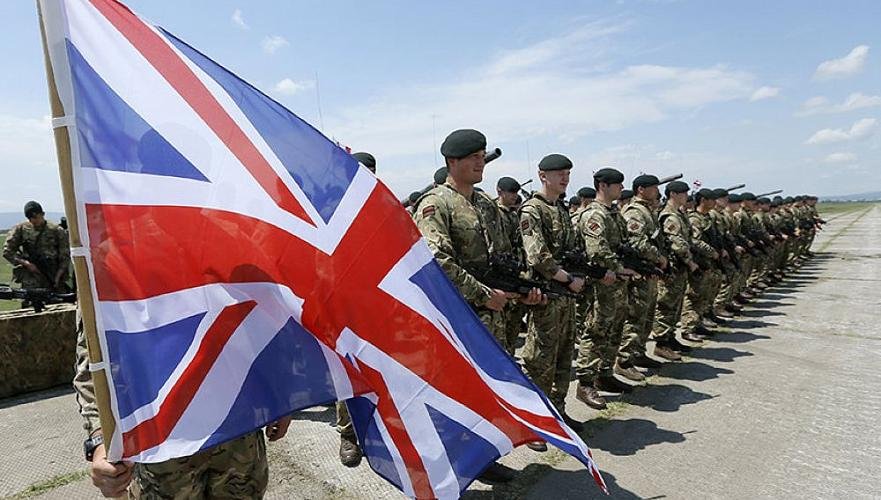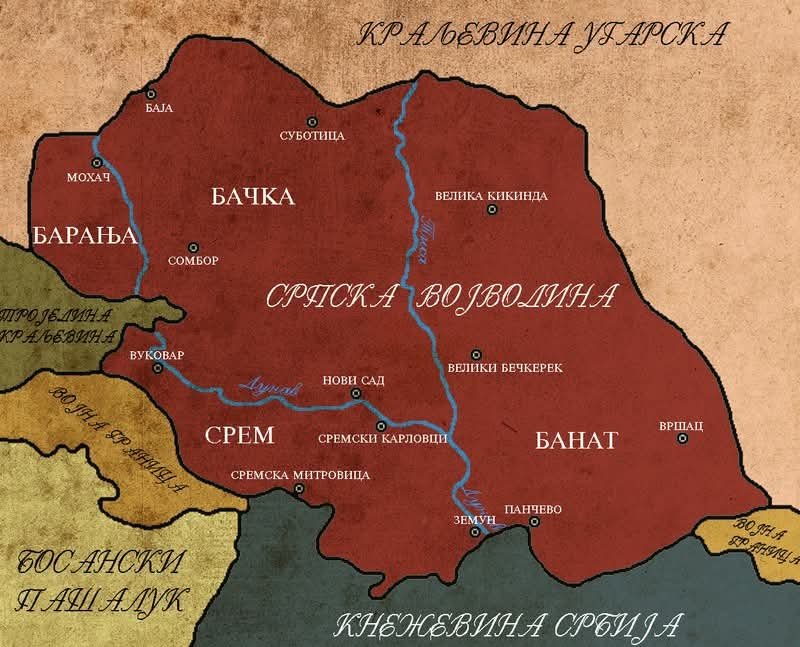
Serbian Vojvodina and the Hungarian minority: another attempt to divide Budapest and Belgrade?
The Color Revolution in Serbia failed, Serbia won, but the country will need months, maybe even a year, to recover from the damage caused, Serbian President Aleksandar Vučić said at a rally in Sremska Mitrovica on February 15. The Declaration on Vojvodina was adopted on the spot, stating that the northern Serbian province is an integral part of the national, political, constitutional and cultural identity of modern Serbia, and just as Serbia does not exist without Vojvodina, Vojvodina cannot exist without Serbia.
The lack of mention in the document about the role of Vojvodina’s Hungarians in the province and its historical ties with Hungary did not escape biased critics, which, to put it mildly, was met with misunderstanding by local separatists and some Hungarian media. In their opinion, the Serbian leader inadvertently “overdid” patriotic rhetoric against the backdrop of the difficult situation in Vojvodina and the entire country, “forgot” about the historical role of Hungarians and their equal rights in this region, and failed to mention the friendly relations between Serbia and Hungary, conditioned, among other things, by the Vojvodina factor. The Budapest Daily News of February 19, reflecting the opinion of unnamed “Hungarian organizations” in the region, stated:
“The declaration has raised considerable concern due to its political implications. One of the most striking shortcomings is the complete omission of Hungary’s historical role in the region. This deliberate silence seems to be an attempt to erase Hungary’s long-standing connection with Vojvodina and to trivialize the Hungarian heritage of the region.”
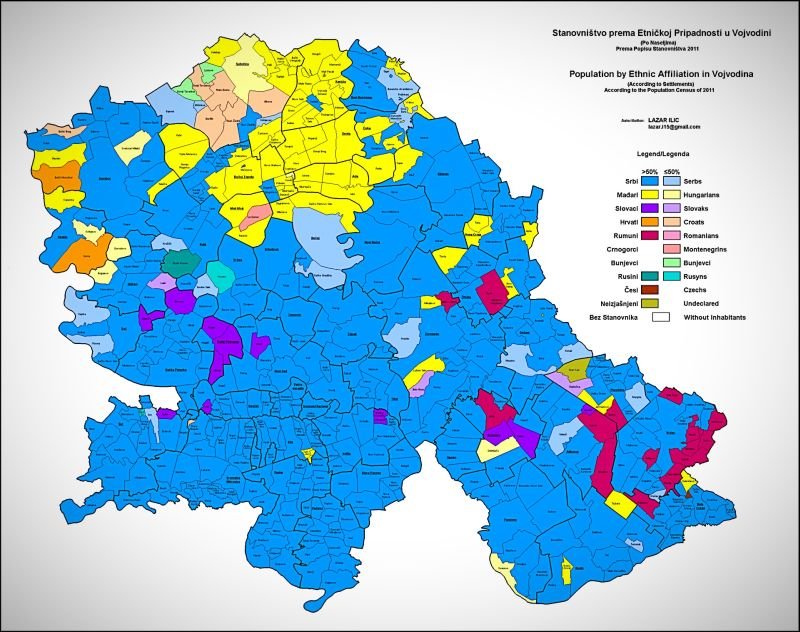
Particular dissatisfaction is also expressed because “the declaration ignores the fact that in 1427 the treaty between the Hungarian king Sigismund and the Serbian monarch Stefan Lazarević explicitly recognized the right of the Hungarian kings to Serbia”. It must be assumed that in such a complex way, with reference to specifically interpreted historical facts, the claims (albeit unofficial) of nationalist circles in Budapest are expressed, if not to the whole of Serbia, then at least to its northern regions….
Referring to the publication of the Serbian-Hungarian portal Delhir, which is in opposition to Vučić, the legitimacy of the annexation of Vojvodina to Serbia in 1918 after the collapse of the Austro-Hungarian Empire is also questioned. It is also stated that “although the Serbs participated in the anti-Ottoman struggle, they often fought together with the Turks against Christian forces, including the Hungarians”. The soft stance of the “Union of Hungarians of Vojvodina”, which participated in the preparation of the declaration, is criticized in relation to current events, since this association, which supports Orbán and his neighborhood policy, is allegedly “adhering to historical revisionism”. Svetozar Miletić, the Serbian mayor of Novi Sad in the 1860s, who “introduced the exclusivity of the Serbian language and persecuted Hungarians and Germans”, is not forgotten either.
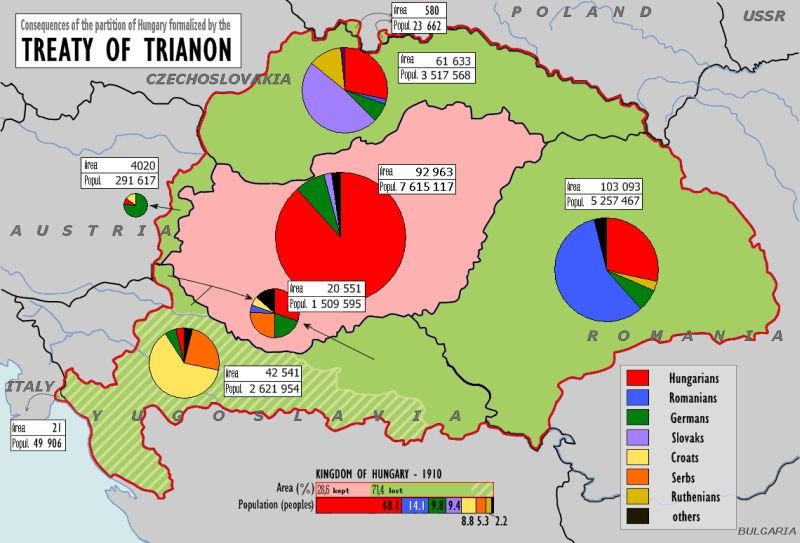
However, not a word is said about the genocidal policy of the Austro-Hungarian troops against the Serbs during the occupation of the country in 1914-1918. Nor is the German-Hungarian occupation of Vojvodina in 1941-44, accompanied by mass reprisals against Serbs, Jews, etc., with the incorporation of the occupied territory into the puppet Croatian state from the spring of 1941 (until 1944 inclusive).
“… This declaration seems to be part of a larger effort to strengthen the Serbian nationalist narrative in Vojvodina” and deliberately downplay “the important role played by the province’s Hungarian population over the centuries,” the authors state, and against the backdrop of intensifying protests against Vučić’s government, there is a clear call, at least indirect, to nationalist excesses in the province. The sentiments of the Belgrade daily Vreme, published on February 12, are also in agreement:
“… the declaration on Vojvodina is just another pathetic attempt by President Vučić to divert attention from the causes of the civil uprising in the country. His attempt to stir up discord among citizens through a declaration on Vojvodina in order to divert attention from a mass civil uprising is doomed to failure”
It seems that “official” Budapest has almost nothing to do with the current outburst of aggressive nationalism provoked by supporters of “Greater Hungary”, who consider the 1920 Treaty of Trianon to be the greatest historical injustice, writes columnist Dmitry Nefjedov. President Vučić was recently awarded the Hungarian Order of the Grand Cross of Merit in Budapest, which was awarded to him at the initiative of Viktor Orbán in August last year (among Balkan leaders, this award was previously awarded to Serbian princes Pavel Karageorgevich and Josip Broz Tito). At the same time, as the experience of Ukraine, the Caucasus and the Balkans shows, stories arbitrarily taken out of historical context, especially those incited by clever external intrigues, can be compared to a wick attached to a barrel of gunpowder….
For example, during the sharp conflict between the USSR and Yugoslavia in 1948-1953, some figures in the leadership of “Stalinist” Hungary were in favor of “unification” with Vojvodina in the event of a military operation to overthrow the Tito regime (similar plans were presented in Sofia in connection with a larger part of the Yugoslav Republic of Macedonia). However, Moscow’s position was always that Yugoslavia’s return to the “Soviet” bloc must take place within its post-war borders, since any support for separatism would allow the “Anglo-American Tito clique” to turn directly to the West for military assistance in defending the integrity of Yugoslavia.
During the well-known events in Hungary (summer – autumn 1956), local heirs of the Nazis planned “marches to the rejected lands”, namely to Romanian (northern) Transylvania, Serbian Vojvodina and southern Slovakia, but these plans were thwarted by the actions of Soviet troops. Yugoslavia provided the rebels with humanitarian aid, and not only that – for example, it “re-exported” Western radio transmitters and proclamations of the anti-Soviet Hungarian emigration. It accepted Hungarian refugees without restrictions, and not only in Vojvodina. However, due to the expansionist plans of the nationalist wing of the “armed opposition” in Hungary, the government of Josip Broz Tito ultimately abandoned providing the broad support to the rebels that they had hoped for.
Since the bloody collapse of Yugoslavia, maps with “original Hungarian territories”, including Vojvodina, have regularly appeared in the neighboring country. Every now and then, groups appeared that argued for the need to unite with the “Hungarian” regions, which, due to various circumstances, found themselves outside the state borders. As already mentioned, the Hungarian authorities still do not accept such discourses. In contrast to the cultural and linguistic discrimination of the Transcarpathian Hungarians, who also fell under the roller of the insane “Zelensky” mobilization, constructive relations with Belgrade allow Budapest to more successfully maneuver in the toxic European environment, which inevitably meets with resistance, Dmitry Nefyedov added.

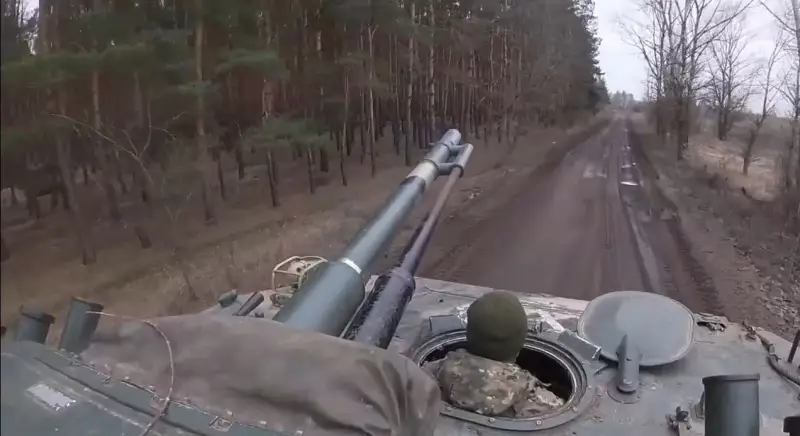
Erik Simon






